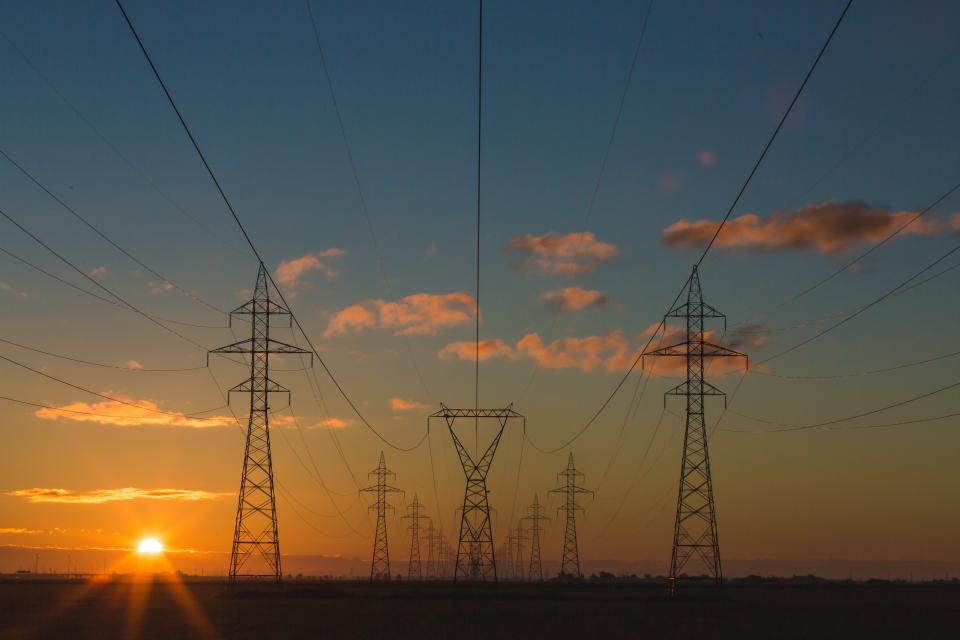
Building the bridge to a sustainable, affordable and secure energy future
The Energy Safety Research Institute (ESRI) is a £38 million investment based at Swansea University, with funding from the Higher Education Funding Council for Wales and BP, and sponsorship from a host of international industry players in the energy sector, including YTL, eCORP International LLC, Oman Oil Company and Middle East Water Solutions.
The vision of ESRI and Swansea University is to build the bridge to a sustainable, affordable and secure energy future, through the discovery and implementation of new ‘green’ energy technologies.
Research is conducted in collaboration with industry across energy and energy safety related disciplines with a focus on the following areas:
- Converting waste energy into valuable resources.
- Reducing the environmental impact of hydrocarbon energy sources.
- Defining solutions to the efficient separation, conversion and sequestration of CO2.
- Establishing the next generation of energy distribution.
The Reduced Industrial Carbon Emissions (RICE) initiative is one of over 20 examples of the ground-breaking research projects housed within ESRI. The £9.2 million EU backed initiative, delivered in partnership with the University of South Wales, is drawing on world-class expertise to reduce carbon dioxide emissions from large and heavy equipment and facilities in Wales, and in turn, helping to drive a stronger and greener economy.
RICE is working with local supply chain companies to test how carbon dioxide produced from heavy industrial processes can be innovatively used to make high value products and industrially important chemicals. The technologies to be tested will also explore the production of green hydrogen, which can be used to fuel cars, other modes of transport, and energy production processes, further helping to reduce our carbon footprint.
As part of the project, large-scale demonstration systems will be set up with global steel manufacturer Tata Steel, as well as Welsh Water, to support the testing of technologies that can capture carbon dioxide and convert it into high-end products such as pure proteins for animal feed and DHA omega-3 fatty acids for human use.
